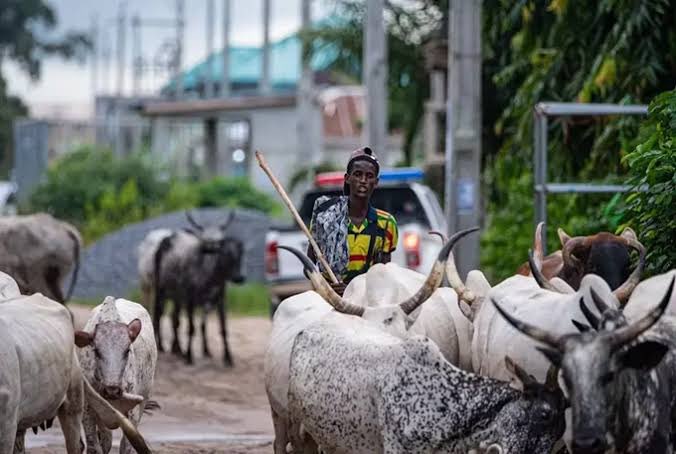ABUJA – The United Nations World Food Programme (WFP) has issued a stark warning that escalating violence and instability in Northern Nigeria could push a record 35 million people into severe food insecurity during the 2026 lean season, marking the highest level of hunger ever recorded in the country.
The alert follows the release of the latest Cadre Harmonisé food security analysis, which reveals a rapidly deteriorating situation driven by surging attacks from insurgent groups including Jama’at Nusrat al-Islam wal-Muslimin (JNIM), an al-Qaeda affiliate, and the Islamic State in West Africa Province (ISWAP).
WFP Country Director and Representative in Nigeria, David Stevenson, described Northern Nigeria as experiencing its most severe hunger crisis in a decade, with rural farming communities bearing the heaviest impact.
“Communities are deteriorating under severe pressure from repeated attacks and economic stress,” Stevenson stated. “If we can’t keep families fed and food insecurity at bay, growing desperation could fuel increased instability with insurgent groups exploiting hunger to expand their influence.”
The crisis is particularly acute in conflict-affected states, where nearly six million people in Borno, Adamawa, and Yobe are projected to face crisis-level hunger or worse during the 2026 lean season from June to August. This includes approximately 15,000 people in Borno expected to confront catastrophic, famine-like conditions.
The situation is compounded by critical funding shortfalls that have forced the WFP to scale back nutrition programs, affecting over 300,000 children. Stevenson revealed that without urgent new funding, the agency will exhaust resources for emergency food and nutrition assistance by December, leaving millions without vital support in 2026.

